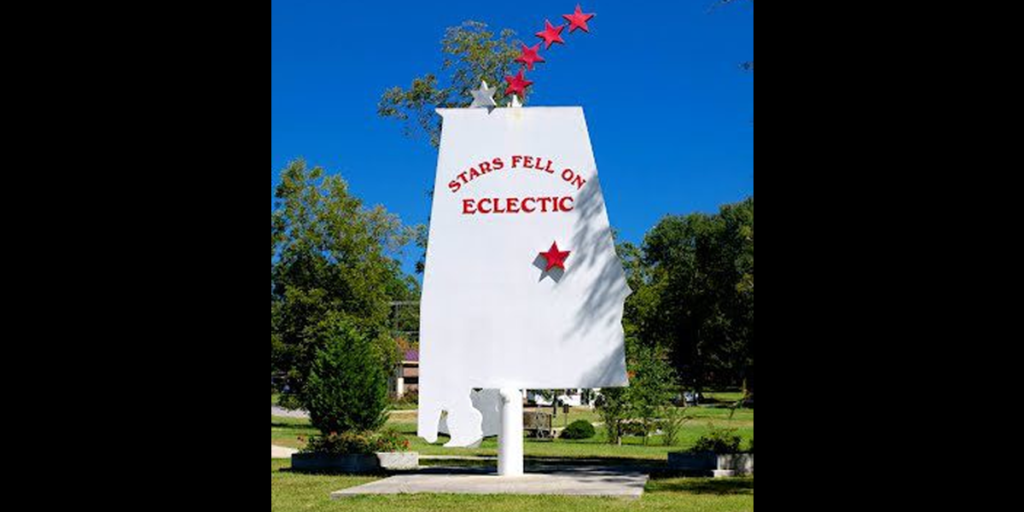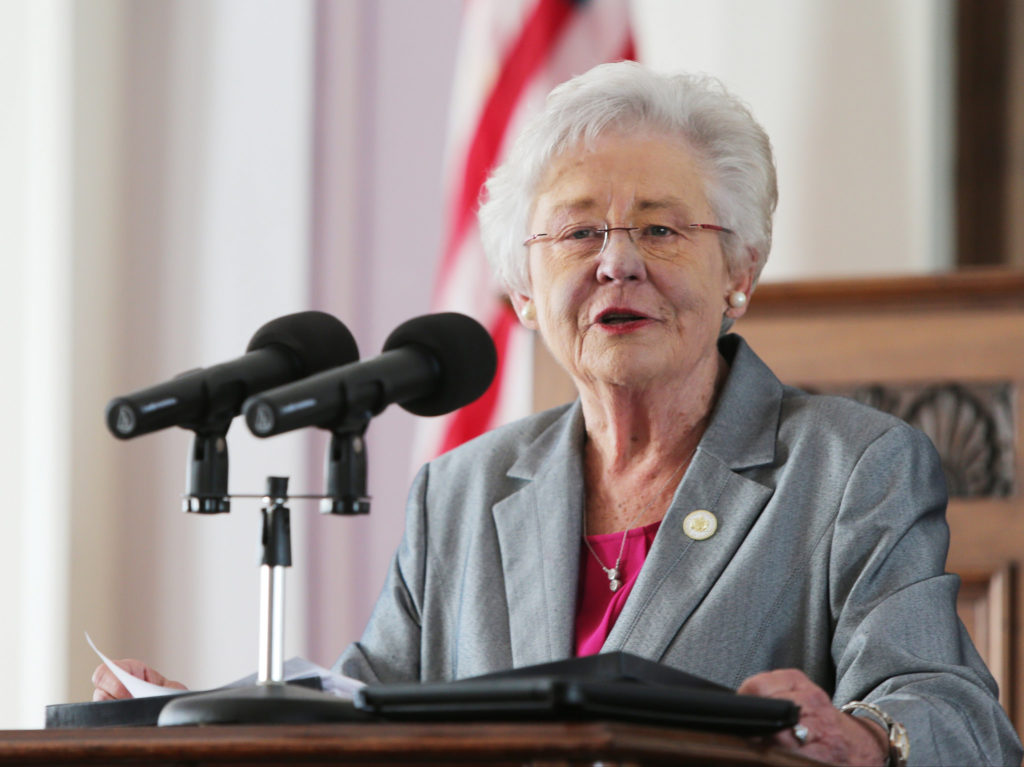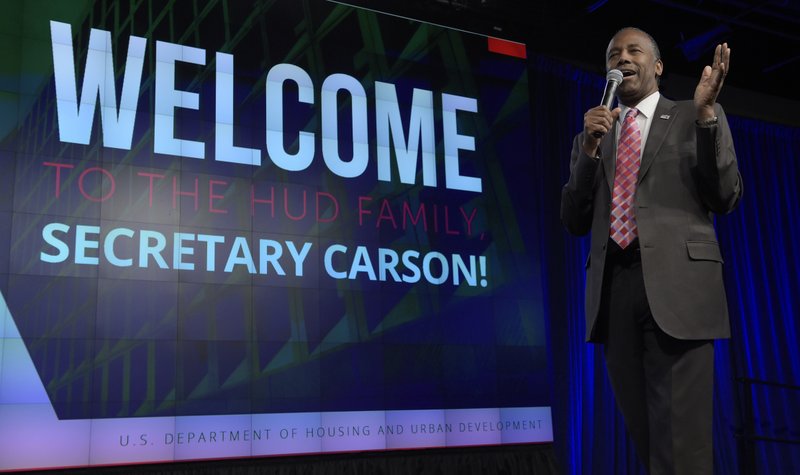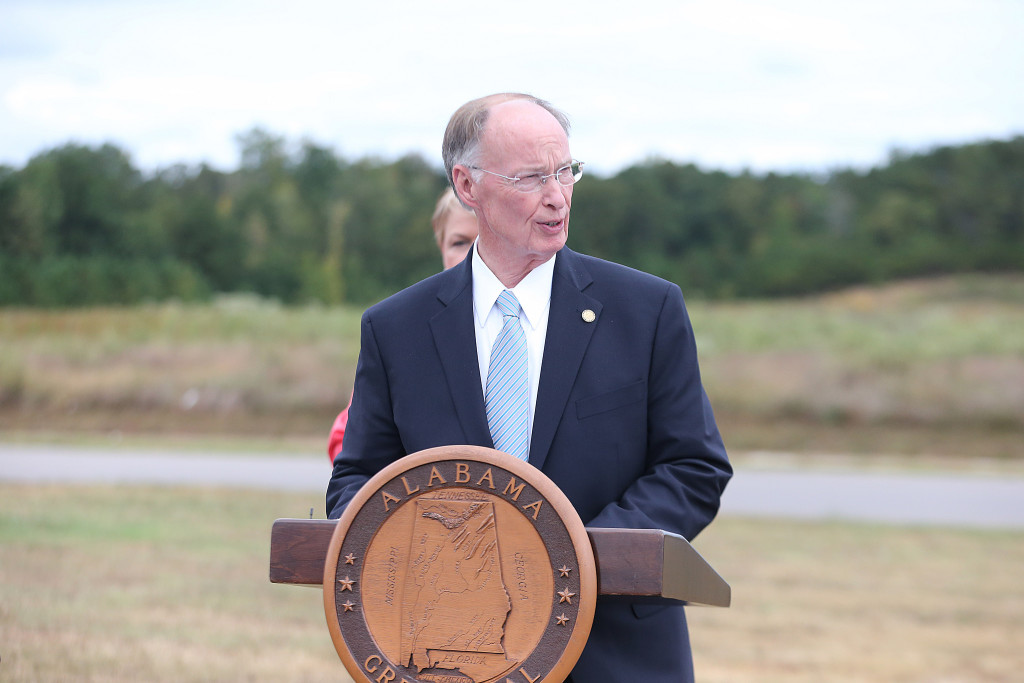Eclectic receives $200,000 grant to expand production facility, creating 20 new jobs

The small town of Eclectic, Ala., located in Elmore County, is the recipient of a $200,000 Community Development Block Grant (CBDG) to assist in expansion of a production facility, creating 20 new jobs. Eclectic will use grant funds to improve the existing roads leading in and out of the industrial park where Madix Inc. is located. Madix, which designs and manufactures displays, panels and platforms for retail stores, intends to expand its facility and create 20 new jobs. The expansion will increase the amount of truck traffic on Middle Road and Madix Drive which have already deteriorated due to heavy use from trucks traveling to and from the facility. Gov. Kay Ivey announced the grant on Tuesday. “Assisting with job creation is a top priority for my administration,” Ivey said. “This grant will enable Eclectic to improve important roads and aid Madix in expanding its production and shipping ability, which will create new jobs.” The project will include an update to 835 feet of Middle Road as well as improvements over the culvert on Madix Drive. The town is contributing $75,256 in matching funds to complete the project. The Alabama Department of Economic and Community Affairs (ADECA) is administering the CBDG from funds made available to the state by the U.S. Department of Housing and Urban Development. “Bringing more jobs to rural Alabama is important to both Gov. Ivey and me,” ADECA Director Kenneth Boswell said. “With the governor’s leadership, ADECA is pleased to partner with Eclectic to improve these roads and increase the number of job opportunities for residents.”
Kay Ivey awards grant to help bring jobs to town of Steele

Gov. Kay Ivey on Thursday awarded a $118,000 grant to the town of Steele for infrastructure upgrades that will help bring new jobs to the area. The Community Development Block Grant (CBDG) will be used to restore a water tower used by Unipres Alabama Inc., a global supplier of steel automotive parts. The company is expanding, constructing a 150,000-square-foot building to accommodate a new assembly line which is expected to create 50 jobs. “My administration is very focused on economic opportunities for Alabamians, so job growth and company expansions like the Unipres Alabama plant in Steele are great news for our state,” Ivey said. “I am pleased to support Steele in preparing the way for this expansion and the new job opportunities it will provide.” The company is investing in a new heat stamping process that requires water for cooling the steel used in automotive bodies. The water tank’s interior and exterior will be restored, alleviating any corrosion or deterioration that might otherwise lead to water leaks or particles getting into the cooling process. The Alabama Department of Economic and Community Affairs (ADECA) is administering the grant from funds made available by the U.S. Department of Housing and Urban Development. “Gov. Ivey has consistently shown her support for economic growth and a desire to bring even more jobs to Alabama,” ADECA Director Kenneth Boswell said. “ADECA is pleased to play a role in this project which will bring benefits to Steele and the surrounding area.” The Steele Water Board is providing $35,000 to supplement the award.
Housing chief Ben Carson steps up public profile in coming weeks

President Donald Trump‘s point man on housing, Ben Carson, takes on a higher profile this month in Washington – an opportunity to spell out his vision on federal housing policy, and to try to avoid some of the verbal gaffes that have stirred criticism in his first months on the job. On Thursday, Carson will headline a homeownership conference at his agency, the Department of Housing and Urban Development. Next week, he heads to Capitol Hill to testify before House and Senate panels about deep cuts planned for HUD in Trump’s proposed budget. It’s a shift in visibility for the renowned neurosurgeon and former Republican presidential candidate as he nears 100 days in Trump’s Cabinet. Since taking the helm of HUD in March, Carson, 65, has visited a handful of cities as part of a national “listening tour” to talk to HUD employees, housing officials and public housing residents. He’s also had appearances at some housing conferences – most of it with little or no advance notice to the media. So far, he has not shared publicly his policy agenda for the department. HUD spokesman Raffi Williams says Carson is no longer a candidate running for political office and has been busy leading a $40 billion federal agency that has more than 8,000 employees. “He’s focused on governing and crafting policies that advance HUD’s mission of creating strong, sustainable, inclusive communities and quality affordable homes for all Americans,” said Williams. When Carson has discussed his views on government and housing policy, he’s sparked some criticism. In his first full week on the job, Carson seemed to describe slaves as immigrants, saying – “there were other immigrants who came here on the bottom of slave ships, worked even longer, even harder for less.” Last week, on the radio show of close friend and conservative commentator Armstrong Williams, Carson said poverty is largely a “state of mind.” “You take somebody who has the right mindset, you can take everything from them and put them on the street and I guarantee you, in a little while, they’ll be right back up there,” Carson told Armstrong on his SiriusXM show. “And you take somebody with the wrong mindset, you can give them everything in the world and they’ll work their way back down to the bottom.” The comments from Carson, who grew up poor in inner-city Detroit, stoked outrage on social media – coming from the head of an agency that provides millions of lower-income people with rental subsidies and other housing assistance. But Rolf Pendall, co-director of a housing program at the Urban Institute think tank, isn’t worried that Carson has “been given the mission of destroying the agency.” While not defending Carson’s comments, Pendall said the housing chief’s testimony during his January confirmation hearing shows “he clearly does think that HUD is part of the solution to urban problems, to rural problems, to housing problems in the United States, and that many of its programs have been effective in the past.” Carson’s vision could become clearer when he testifies about the administration’s proposed $6 billion cut in the agency’s $47 billion budget. Slated for elimination in the Trump budget are several housing support and community development programs, such as the $3 billion Community Development Block Grant program. The plan also would cut about $2 billion from the department’s rental assistance programs, to $35.2 billion. Rental assistance programs comprise about 80 percent of the agency’s total funding. New requirements to encourage work and self-sufficiency are part of the plan. One proposal would increase the tenant contribution toward rent from 30 percent of adjusted income to up to 35 percent of gross income. The cuts would be devastating, Pendall said: “People will lose housing vouchers. They will become homeless, and some of them will die.” Diane Yentel, president and CEO of the National Low Income Housing Coalition, says she wants to see Carson focus on programs with proven results – such as the Housing Trust Fund, which the Trump budget would eliminate, or Section 8 housing vouchers. “Each of these programs not only end homelessness and housing insecurity, but they are proven to increase the educational attainment of the kids living in those affordable homes and to increase the lifetime earnings of the kids living in those homes,” Yentel said. Yentel called Trump’s budget proposal “extreme overreach” and said she worries it moves the goal posts so far that “it creates an environment where cuts only half as deep seem like a reasonable compromise.” Republished with permission of The Associated Press.
Robert Bentley awards $1.2 million in grants for south-central Alabama

Governor Robert Bentley Tuesday announced he’s awarding $1.2 million in Community Development Block Grant (CDBG) funding for four projects in south-central Alabama to help improve living conditions. Both the Autauga County Commission and the town of Eclectic will receive $350,000 each, and the cities of Dadeville and Goodwater $250,000 each. “These grants will help address some urgent needs in areas where local revenues are stretched thin,” Bentley said in a release. “I am pleased to assist local officials throughout the region who are striving to improve the quality of life in their communities.” The grant recipients and their projects are as follows: Autauga County Commission (Autauga County): The Billingsley Water System will use funds to make multiple improvements at its two well sites including adding filters, chlorine monitor and leak detectors and replacing electrical components. The project will improve water quality for the 450 households served by the system and eliminate unsafe electrical components. The county commission has pledged an additional $35,000 in local funding for the project. The city of Goodwater (Coosa County): Will raze and remove debris from eight dilapidated buildings that are a downtown eyesore and a hazard to safety and health. The buildings, which housed mercantile businesses, all front Main Street (Alabama Highway 9). City officials believe the demolition is a first step in revitalizing the downtown and improving the city’s economic situation. The city is seeking guidance from Auburn University’s Community Planning program on ways to enhance downtown. The town is contributing $25,000 for the project. The town of Eclectic (Elmore County): Will upgrade its wastewater treatment plant by installing a multi-filtration and screening system that will more adequately treat sewage and ensure the system is in compliance with standards required by the Alabama Department of Environmental Management. Repairs at the plant in 2014 exceeded $16,000 and experts indicate those repair costs will continue without major modifications and upgrades. The upgrade will enable the town to serve new customers and businesses. Residents not served by the town system also will benefit because the town can resume accepting waste from septic-tank haulers who may have had to charge more for their services because of the additional mileage and costs involved in disposing of waste. Local funding of $375,000 has been pledged for the project. The city of Dadeville (Tallapoosa County): Will demolish and clear unsafe structures throughout the city. City officials say the structures pose threats to safety and security of neighborhoods and also reduce property values. Nearly 49 abandoned residences and four commercial structures have been deemed inhabitable and targeted for demolition. City officials say nuisance properties are the top complaints voiced by residents, but the city has been unable without outside financial assistance to do anything about the problem. The city has pledged $25,321 in local funding for the project. The Alabama Department of Economic and Community Affairs is administering the awards from funds made available to the state by the U.S. Department of Housing and Urban Development.


